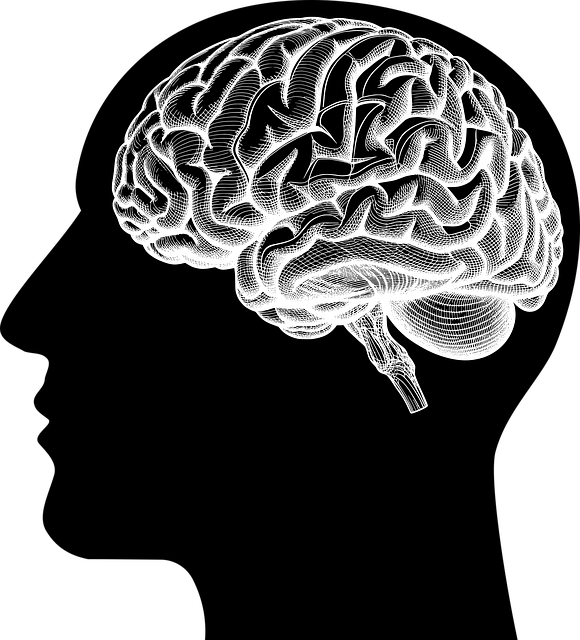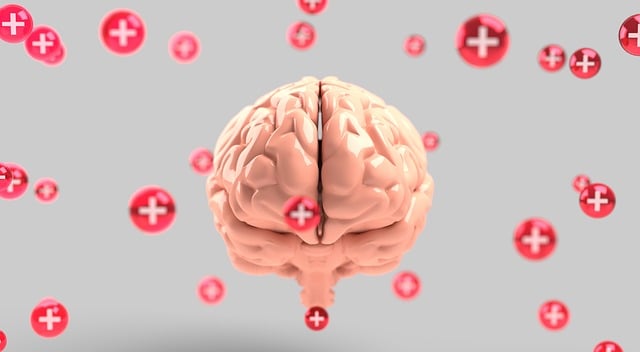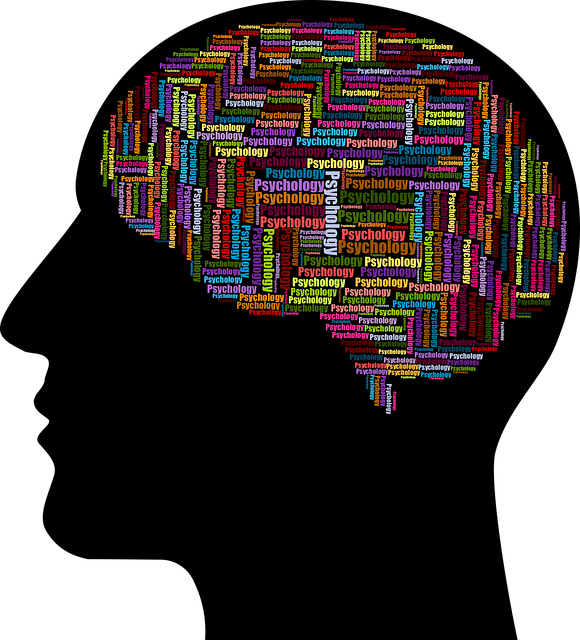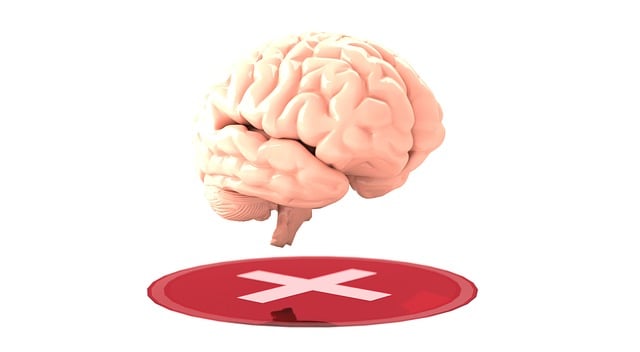Golden Gender Identity Therapy (GGIT) is a culturally sensitive and innovative approach to tackling substance abuse within marginalized LGBTQ+ communities. By integrating traditional therapy, compassion cultivation, and mindfulness meditation, GGIT addresses both symptoms and root causes of addiction, promoting lasting recovery and improved well-being. This tailored method considers the unique cultural and social determinants affecting diverse individuals, offering a promising strategy for comprehensive risk reduction in substance abuse treatment.
In a world where substance abuse poses significant risks, understanding and mitigating these dangers is paramount. This article explores comprehensive strategies for reducing risks associated with substance misuse, focusing on innovative approaches like Golden Gender Identity Therapy. By delving into these methods, we aim to illuminate promising paths towards recovery and improved mental health, particularly tailored to the unique needs of individuals struggling with substance abuse and gender identity issues.
- Understanding Substance Abuse and its Risks
- Golden Gender Identity Therapy: A Promising Approach
- Comprehensive Risk Reduction Strategies
Understanding Substance Abuse and its Risks

Substance abuse is a complex issue that goes beyond occasional misuse; it involves a pattern of harmful behavior characterized by recurrent use despite negative consequences. This can lead to physical, psychological, and social problems, affecting every aspect of an individual’s life. The risks associated with substance abuse are multifaceted, impacting not only the user but also their families, communities, and broader society.
Golden Gender Identity Therapy (GGIT) offers a unique approach to understanding and addressing these risks. By integrating cultural sensitivity and competency into mental healthcare practice, GGIT ensures that individuals from diverse backgrounds receive tailored support. This is especially crucial in light of growing awareness about the intersection of substance abuse and mental health issues, as well as the impact of societal pressures and trauma, particularly among marginalized communities. Enhancing healthcare provider training in Cultural Competency Training can facilitate better identification and treatment of substance abuse disorders, considering the unique cultural and social factors at play, such as those experienced by individuals navigating gender identity challenges.
Golden Gender Identity Therapy: A Promising Approach

Golden Gender Identity Therapy (GGIT) is a pioneering approach that shows promising results in addressing substance abuse issues, particularly among individuals struggling with their gender identity. This therapeutic method focuses on helping clients integrate their true gender selves while mitigating the negative impacts of societal pressures and internal conflicts. GGIT combines elements from various therapy models, including crisis intervention guidance and cognitive-behavioral techniques, to facilitate emotional healing processes.
By creating a safe space for exploration and self-acceptance, GGIT aids in reducing anxiety relief and preventing relapse. The process involves individual sessions where therapists help clients navigate their unique experiences, fostering a deeper understanding of their gender identity and its relationship with substance abuse. This tailored approach not only addresses the symptoms but also targets the underlying causes, promoting lasting recovery and improved overall well-being.
Comprehensive Risk Reduction Strategies

Comprehensive risk reduction strategies for substance abuse involve a multifaceted approach tailored to address the complex interplay between mental health and addiction. One innovative and effective method gaining traction is Golden Gender Identity Therapy, which combines traditional therapy with compassion cultivation practices and mindfulness meditation. This holistic approach acknowledges that individuals’ mental wellness and overall well-being significantly influence their vulnerability to substance abuse.
By incorporating journaling exercises as a form of self-reflection and mental wellness tracking, this strategy empowers individuals to gain deeper insights into their emotions, triggers, and coping mechanisms. Compassion cultivation practices foster understanding and kindness towards oneself, reducing the internalized stigma that often exacerbates addiction. Mindfulness meditation helps in managing stress and cravings by teaching individuals to remain present and grounded, thereby enhancing their resilience against substance abuse.
In addressing substance abuse, a multifaceted approach is essential. By understanding the risks associated with substance misuse and exploring innovative therapies like Golden Gender Identity Therapy, we can develop comprehensive risk reduction strategies. This integrated method, which combines counseling, support groups, and evidence-based practices, offers promising results in preventing and mitigating substance abuse. Embracing these strategies can foster healthier individuals and communities, highlighting the significance of both traditional and emerging treatments in managing this complex issue.














